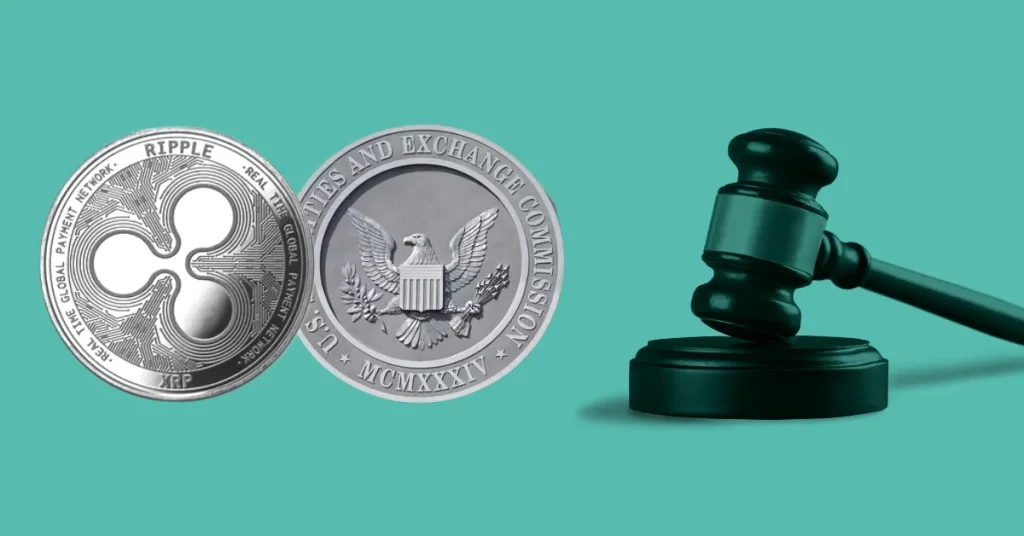
The post Ripple Will Win The Lawsuit Against SEC, Says Top Analyst appeared first on Coinpedia Fintech News
Blockchain specialist Mr. Huber has forecasted a bleak future for the SEC’s efforts. His views suggest that the regulatory body’s legal cases against Brad Garlinghouse and Chris Larsen, Ripple’s top executives, have a minimal chance of success.
Unlikely Success for the SEC
Mr. Huber argues that the SEC will face great difficulty in demonstrating any “bad faith” on the part of the Ripple executives. In the most extreme scenario, Ripple might be fined for some pre-On-Demand Liquidity (ODL) securities offerings. However, the need for Ripple to register future sales appears improbable as the distinction between “investment” and “utility” liquidity remains indistinct.
The complexity deepens when considering secondary market transactions. Mr. Huber underscores the fact that these cannot be deemed as securities transactions outright. Each sale must receive an individual assessment.
The chain of discussions began with a comment from crypto enthusiast Jay’V, speculating that the presiding judge would review all aspects of Ripple’s business model revolving around XRP, similar to the approach taken with LBRY.
Agreement and Contention
Adding to the conversation, former SEC director Marc Fagel agreed with Mr. Huber’s view, though he suggested the judge could potentially circumvent the secondary market trading issue altogether, as it doesn’t form a part of the lawsuit directly.
In response, Mr. Huber acknowledged that he frequently finds common ground with Fagel, barring the perception of the SEC as a criminal organization. Huber admitted the lawsuit had valid motivations and wouldn’t have been initiated if the SEC hadn’t established a precedent for Ethereum and ConsenSys.
He went on to express a view that the majority of the cryptocurrency industry is plagued by scams, fraud, and money laundering. He drew an analogy to purchasing website domains, stating it would be as if he had bought web addresses, only for the SEC to sue ICANN claiming www websites as illegal securities, while .eth websites were considered adequately decentralized and the only ones that could be freely purchased, used, and traded.

 2 years ago
107
2 years ago
107
















 English (US) ·
English (US) ·